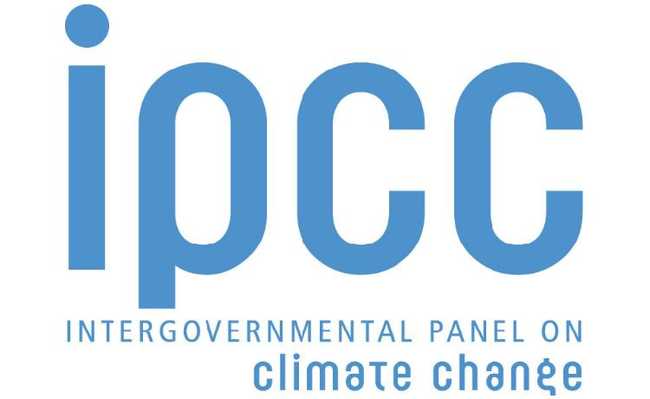IPCC: the organization behind the climate change report
The Intergovernmental Panel on Climate Change (IPCC) seeks to understand ongoing climate change and includes scientists and experts from around the world

What is IPCC
Created in 1988 by the World Meteorological Organization (WMO) and the United Nations Environment Program (UNEP), the Intergovernmental Panel on Climate Change ( IPCC ) is a scientific body under the care of the United Nations (UN). It does not seek to conduct research or collect data, but to analyze the world's scientific, technical and socio-economic information in order to understand climate change, publishing a report on the subject from time to time.
As the IPCC is an intergovernmental panel, it is open to all member countries of the UN and the World Meteorological Organization, currently having 195 registered countries. Thus, it receives voluntary contributions from scientists around the world as authors, contributors and reviewers. These researches submitted by scientists can be accepted, adopted and approved after review and review, in order to create a balanced and rigorous scientific data base.
Working Groups
The IPCC structure is divided into five parts. While major decisions are taken by an assembly of government representatives, IPCC reviews and reports are carried out by three working groups. “Working Group I” is responsible for the “physical and scientific basis of climate change”; “Working Group II” deals with the “impact of climate change, adaptation and vulnerability”; and “Working Group III” analyzes “climate change mitigation”. In addition to these three groups, there is also the “National Greenhouse Gas Inventories Task Force”, which develops and defines a methodology to calculate and report the emission of greenhouse gases.
IPCC Reports
To produce its reports, the IPCC relies on the contribution of numerous scientists and experts. While some develop, others review the IPCC report. In 2007, the report “Climate Change 2007”, the Fourth Assessment Report (AR4), was published. It is available in four parts: Working Group I Report “The Scientific Physical Basis”; Report of Working Group II “Impacts, Adaptation and Vulnerability”; Report of Working Group III “Mitigation of Climate Change”; and the AR4 Synthesis Report.
The IPCC's Fifth Assessment Report (IR5) was also published in four parts, the last of which, a general synthesis, came out in 2014. The report categorically concludes that the main cause of the present warming is the emission of greenhouse gases by human activities, with emphasis on the emission of carbon dioxide. The Sixth IPCC Report is in progress, and is also expected to be published in four parts, the first being scheduled for 2021 and the last (which summarizes the Report) for 2022.
In the meantime, the IPCC is producing three special reports, the first of which was published in October 2018 and brings the disturbing conclusion that limiting global warming requires "unprecedented changes". The IPCC website has all the information available so far about the upcoming report and the special reports that are in progress.










